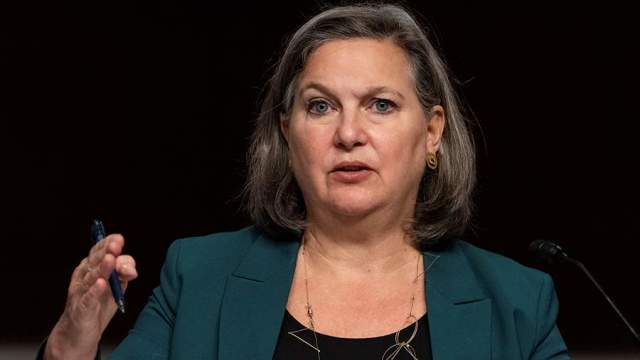Russia and the United States are currently at the initial stage of negotiations on arms control in connection with modern Russian developments. This was announced on December 7 by US Deputy Secretary of State for Political Affairs Victoria Nuland.
According to her, Russia continues to "create modern types of weapons, such as hypersonic, which are beyond the scope of any arms control regime."
"We are still at the initial stage in an attempt to return to arms control to try to reduce the threat from these weapons," Nuland said at a hearing on relations between Washington and Moscow.
According to her, Russia "continues to create more and more medium-range systems and short-range nuclear weapons." The Deputy Secretary of State believes that the Russian Federation is trying to compete with the United States "in building up its long-range conventional forces."
On October 1, Dmitry Stefanovich, a researcher at the IMEMO Center for International Security of the Russian Academy of Sciences, co-founder of the Watfor project, said that the creation of Russian-American working groups on strategic stability is a symbolic "tip of the iceberg", the main priority is to determine the subject of negotiations.
On September 30, Russia and the United States held the second consultations on strategic stability in Geneva. The Russian delegation was headed by Deputy Foreign Minister Sergei Ryabkov, and the American delegation was headed by First Deputy Secretary of State Wendy Sherman. The parties agreed to create two working groups: 1. On the principles and objectives of future arms control; 2. On potentials and actions capable of having a strategic effect.
As Sergei Ryabkov told reporters after the consultations, despite many differences, the parties are ready to "move the process further."

